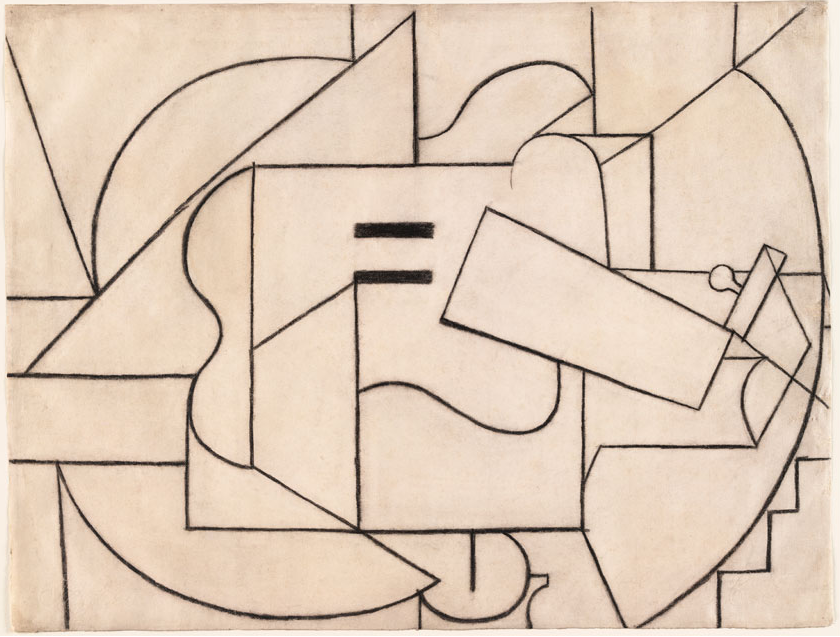When I taught creative writing, I told my students that if writing poetry wasn’t difficult for them—if it wasn’t grueling, painful, frustrating—then they probably weren’t doing it right. I quoted Thomas Mann on the syllabus: “A writer is someone for whom writing is more difficult than it is for other people.” I might as well have written on the board: No Fun Allowed.
At the time, I believed what I told them: for me, writing poetry is often drudgery, and when I doubt the worth of my work, I use this fact as evidence that I’m on the right track. If it were easy, everyone would do it. No pain, no gain. Etc. But I shouldn’t have saddled my students with such fraught writing rules—thank goodness, most of them ignored me. They loved writing poetry, and did so, rapid-fire. Though their work might have been, for the most part, flailing and unrefined and as yet unskilled, they wrote and revised more than I asked them to and, at the end of the term, handed in final portfolios overstuffed with extra material. My students didn’t love to write in spite of being unskilled. They were eager and enthusiastic—and improving all the time—because they were unskilled, so far untouched by insecurity and unburdened by self-consciousness.
When I think of these writing students, I think of my partner, Eric, at his soccer matches every Friday afternoon. Eric claims he’s not a great player, and because he’s not prone to false modesty, I believe him. And yet, he returns home every week, always sweaty, often bruised, sometimes bleeding, having scored two, three goals. He shrugs and explains that these games are unusually high scoring. He tells me that he’s not skilled, just fast. What I imagine: Eric throwing his body, almost recklessly, up and down the pitch, running headlong after the ball. This is how my students write. They launch themselves into their work, thrilled and unhesitating. Sure, their writing needs practice and lacks finesse. But they know how to move. They know joy and speed.
What my students have in excess I seem to have lost. So, I picked up the guitar. Literally, one day a few weeks ago, I just picked up Eric’s guitar from its stand by the bed and asked him to teach me something, anything. When I could manage a clear and resonant (read: satisfactory) G major chord, I learned another chord, another. I developed calluses on my fingertips. (How I love my new fingertips—feeling them with my thumb, my lips.) I watched this “Hey Joe” tutorial fifteen times. I tinkered with “Norwegian Wood,” the opening of “Love Hurts,” and a blues progression Eric wrote out for me on the back of an envelope.
As someone who has chosen (it always makes me nervous to say this aloud) to be a poet, writing-wise the stakes are high: I want to write poetry worth other people’s time. I want to write a book of poems. Tall order, right? Sometimes, I can’t even admit these desires to myself. But with guitar, the stakes are low. With guitar, my ambitions are small scale, daily, attainable: I want to play “Wish You Were Here” just well enough that someone might be able to recognize and name it. I want to play an intelligible D major. I want to play a barre chord, any barre chord. And at this low level, I’m improving constantly. Day one, I couldn’t stretch my finger across three frets to play C major. Day two, I could.
Sometimes, I feel saturated with poetry, heavy with it, burdened by it, but every day when I get home, I drop my bag on the couch and make a beeline for the guitar, which is still so strange in my hands. Remember the first nights spent with someone new? The urgency of discovery. The thrill of those first fumblings. Sometimes—too often—I forget what it feels like to be thrilled by poetry. So, every day I press the cold body of the guitar against my chest and stomach and feel again what potential feels like—how well I might come to know this body and neck in my arms. I feel the movement of the guitar at my touch and the response my touch produces.
I always bristle when fellow writers and writing instructors say, “Only writing is writing.” Maybe they’re right, but their attitude diminishes those practices that nurture our writing lives precisely because they aren’t writing. Practices that renew us for writing. Practices like playing the guitar—and playing it badly. Practices that provide what writing sometimes can’t: the boost of measurable successes, lowered stakes, the urgency of unfamiliar territory.
I reserve the most extreme parts of myself for the people I love the most. My worst self, my best. Around Eric, I can be so petty, insecure, and judgmental. But I’m my most honest and attentive with him, too. And so it is for poetry and me. I am devoted to writing, but I am not unerring. When I don’t want anything to do with poetry, and sometimes I don’t, guitar reminds what I have often found, and will find again, there: the freedom of knowing I know nothing, the gumption—the arrogance—to speak anyway.

